HOME > Basketball
Ranking of the historical No. 1 pick: James beats Jabbar & Magician Iverson is selected into the top ten
1:33am, 17 May 2025【Basketball】
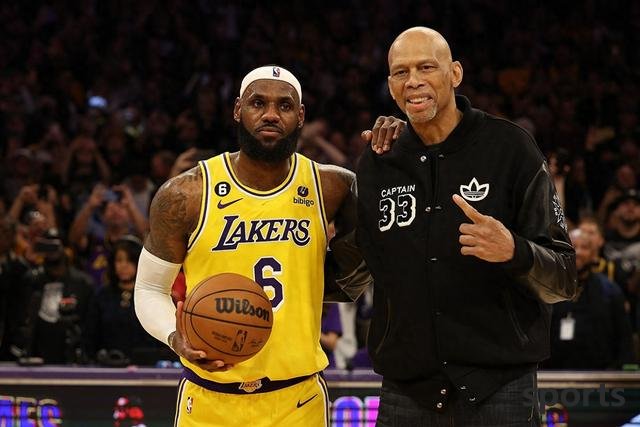
Translator's note: The original text was published in Bleacher Report. The data in the text were as of the time of publication (May 11th local time), and the date involved has been converted. The views in the article have nothing to do with the translator and the platform.
Just like a real lottery, the jackpot drawn in the NBA draft draw can vary greatly.
In some years - hopefully 2025 is also in it - it will bring a choice that can really change fate. However, in some other years, it may just provide a piece of puzzle. And, occasionally things can be completely screwed up.
However, the best time and place and people, the draft pick has produced some of the greatest geniuses the sport has ever seen. In fact, these players are so talented that finding enough differences between them to build a top ten ranking is challenging. However, we will take this challenge here, ranking the 10 best No. 1 picks in NBA history based on players' overall career performance (not necessarily just their contribution to the team that picked them).

10, Elgin Baylor, the last position in the 1958 (Lakers)
ranking was one of the most competitive positions. Hall of Fame member Baylor won the honor, but the debate over candidates such as Patrick Ewing, Dwight Howard and Anthony Davis remained.
In the end, however, Baylor's rapid rise to become a top player and his ability to maintain this dominant position was so strong that it cannot be ignored.
He ranked among the top three in MVP voting in the rookie season and was selected into the NBA All-Squad team, averaging 24.9 points and 15 rebounds per game. He maintained his NBA All-Team for nine seasons in the next 10 seasons, ending up his 14-year career averaging 27.4 points (fifth highest in NBA history) and 13.5 rebounds (ninth most in history).
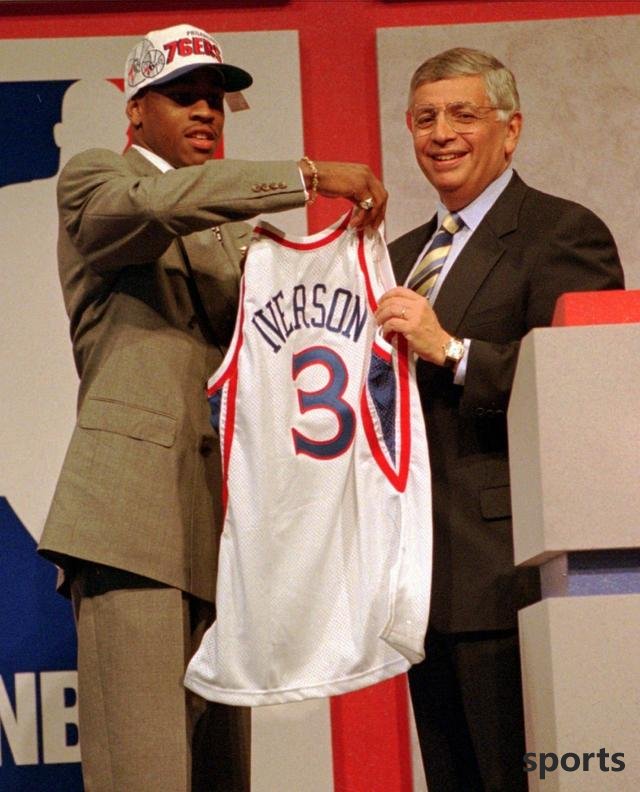
9, Allen Iverson, in 1996 (76ers)
Iverson was perhaps the greatest "little against big" player this league has ever seen. He conquered the giants' league with a size of 6 feet (about 1.83 meters) and 165 pounds (about 74 kilograms). He has jaw-dropping ball-handling skills, lightning-fast explosive power and unquestionable fearlessness, which allows him to do seemingly impossible (such as leading an otherwise weak Sixers team that defeated the Lakers with Kobe and O'Neal in the first away game of the 2001 Finals).
Although usually his stats seem inefficient, the Sixers often ask him to take on everything for the team's offense, and he usually does it. He was the top scorer for four times, plus an MVP, and his career average of 6.2 assists put him ahead of some top point guards such as Tony Parker, Chauncey Billups, Gilbert Arenas, Kemba Walker and Derek Ross.
Iverson's career may have some controversial aspects, but the journey itself is incredible. He was a Hall of Fame level genius and a true idol of his time.
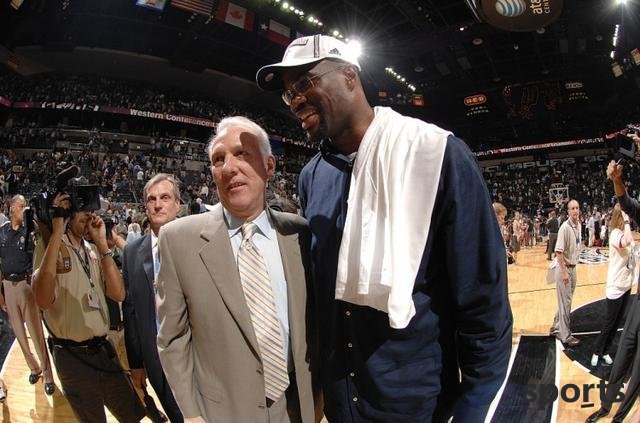
8, David Robinson, 1987 (Spurs)
military service delayed the beginning of Robinson's NBA career, but once he started playing, he acted as if he was making up for the lost time. In his first season, he was elected Rookie of the Year, All-Star, NBA All-Squad 3rd team member and NBA All-Defensive Team member, and ranked sixth in the MVP vote.
This laid the foundation for his future solid and great performance, a magical 14-year career during which he helped the Spurs establish a dynasty. He was selected for the All-Star 10 times, the NBA All-Series 10 times (4 of them were first teams), and the All-Defensive 8 times (4 of them were first teams), and joined forces with Tim Duncan to become the cornerstone of the Spurs' championships in the 1998-99 season and 2002-03 seasons.
He averaged 3.0 blocks per game, ranking fourth in league history. And he is one of only 13 players in history to average 20 points and 10 rebounds per game while shooting more than 50% of the field goal percentage.
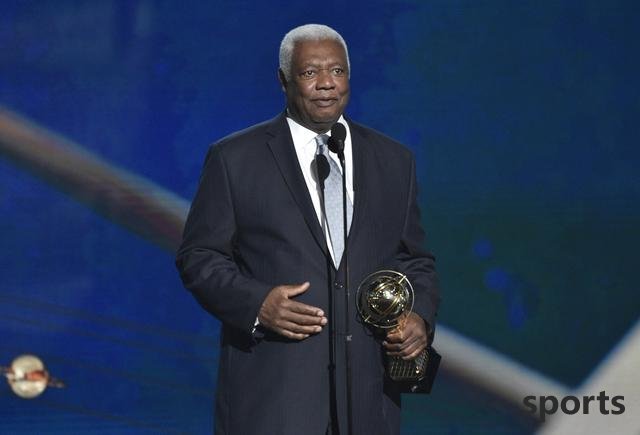
7, Oscar Robertson, 1960 (Royals)
If you know something about Robertson, you must know that he is the first player to get a triple-double per game. What you may not realize, however, is that he achieved this historic achievement in his second season in the NBA. And, in fact, he almost did this in his rookie season, when he averaged 30.5 points and 10.1 rebounds per game, but had "only" 9.7 assists.
His ability to fill the data statistics table is rare in ancient times and rarely incomparable to those who come after them. He averaged more than 30 points per game in six different seasons, including double rebounds in three seasons. You should know that he is a 6-foot-5-inch (about 1.96 meters) defender. He also led the league's assists seven times, not including the 1966-67 season, which sent the fifth most assists in his career (10.7 times).
He was once elected to the MVP, won a championship trophy, was selected to the NBA All-A-Series 11 times (9 of which were first teams), and was selected to the All-Stars in each of the first 12 seasons of his career.
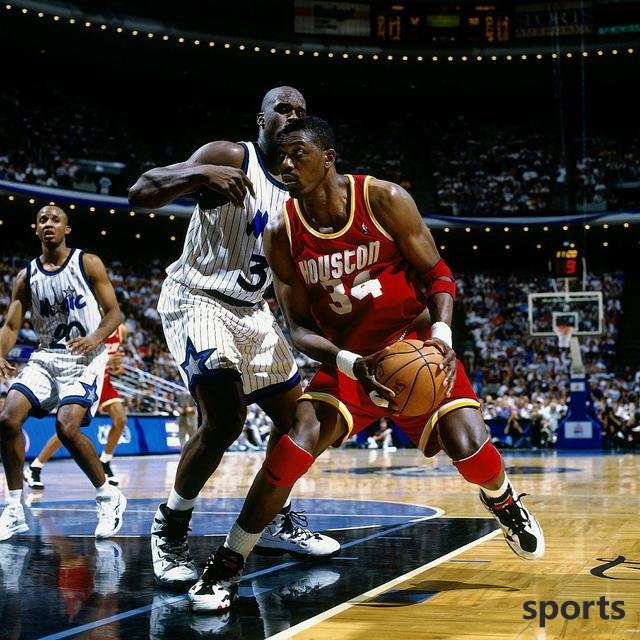
6. Hakeem Olajuwon, 1984 (Rockets)
You can never summarize Olajuwon's historic career with his performance in a single season. Don't even think about it. He performed too well for too long..
However, if for some strange reason you have to do this, the 1993-94 season will be the obvious choice for his brilliant career. That season, he was also elected as MVP, Defensive Player of the Year and MVP of the Finals. This feat has never been copied in NBA history, and only two other players (Michael Jordan and Giannis Antetokounmpo) have gathered all three awards throughout their careers.
By the way, Olajuwon won his first Defensive Player of the Year award before that season and led the Rockets to a second straight championship since then. His honors feel so much difficult to describe in detail, so let's summarize it here: He's all in the top 15 in total scores (14), total rebounds (14) and total blocks (first and has a huge lead).
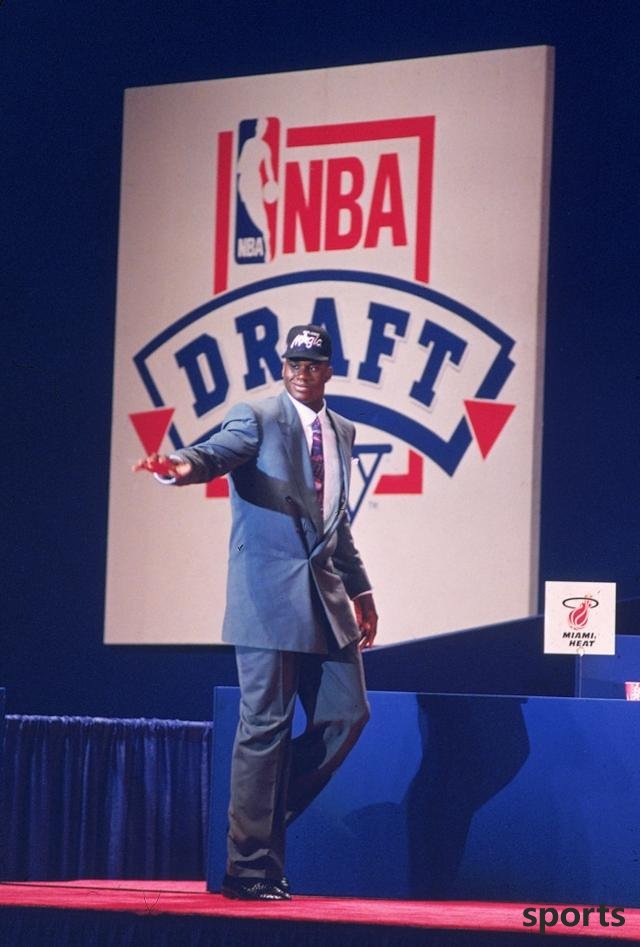
5. Shaquille O'Neal, 1992 (Magics)
If O'Neal is not the most dominant player in NBA history, he must be one of the most dominant players. Just let him get the ball anywhere near the basket, in his words, it is "grilled chicken skewers."
He has only been elected as an MVP once in his career, which feels like one of the biggest weird things in the league. In the first 13 seasons of his career, he averaged 26.7 points per game, shooting 57.9%, and had 12 rebounds, 2.8 assists and 2.6 blocks. Whenever the season begins, he basically booked a spot on the MVP vote and NBA All-A-League roster.
Perhaps this is the best way to sum up O'Neal's career: He won four championship rings, was selected into the NBA All-A-Series 14 times (8 of which were a team), and ranked in the top five in the MVP voting eight times, and people are still wondering if he has never fully fulfilled his talent. He was simply unstoppable.
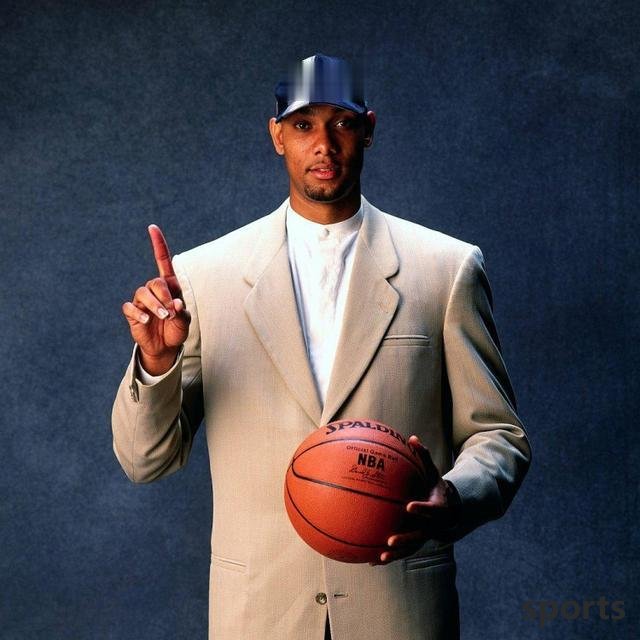
4, Tim Duncan, in 1997 (Spurs)
Power Forward appeared in this position. Therefore, despite the fierce challenges of Carl Malone, Charles Barkley, Kevin Garnett and Dirk Nowitzki, it is worth noting that Duncan is perhaps widely regarded as the greatest player in this position.
However, Duncan is a different person, a winner, a player who keeps top-notch output and perhaps the least managing superstar in modern basketball history. If he wasn't so selfless in his game style and playing style, the Spurs' dynasty would never have taken off.
"If your superstar can take a little bit of a hit every now and then everyone else can shut up and be obedient," former Spurs coach Greg Popovich said at Duncan's 2018 jersey retirement ceremony. "So, thank you for letting me coach you, Timmy. I'm really grateful because you allowed me to coach this team." Duncan won five championships in his career, but perhaps the most impressive aspect of it is the way he leads — or sometimes supports — those championship journeys. He is skilled enough to be a core figure, but humble enough to share (or even give up) the spotlight with everyone from David Robinson, Manu Ginobili to Tony Parker and Kawhi Leonard. Duncan has enough honors to occupy this position (two MVPs, three Finals MVPs, 15 NBA All-Squad), but honestly, those honors don't seem to fully reflect his all his great influence.
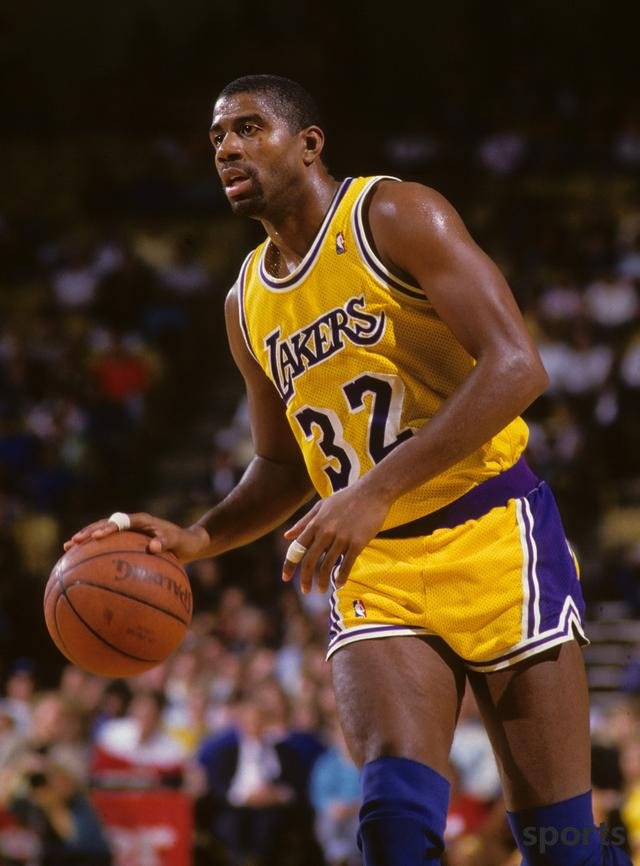
3, "Magic" Johnson, 1979 (Lakes)
When Johnson (often mentioned when discussing the best players in history) is in third place, you know that this list is definitely a star-studded. But it’s hard to get him ahead when his career is unfortunately shortened and the two players ahead of him may see durability as their biggest advantage.
Compared to almost anyone else, you wouldn't even notice that Johnson's achievements are not actually as good as he could have achieved. Only five players (including the top two here) MVP was elected more times than he (3 times). His three finals MVP tied for the third most in history. He was selected into the All-Star 12 times and was selected into the NBA All-Squad 10 times (9 of which were first teams).
He is a real field commander who happens to have a power forward-like figure—6 feet 9 inches (about 2.06 meters), 215 pounds (about 97 kg). He is a skilled passer and a productive and efficient scorer. As a five-time champion and one of only two players who can average at least 22 points and 11 assists in multiple seasons, he is a true magician and helps define the entire NBA era.
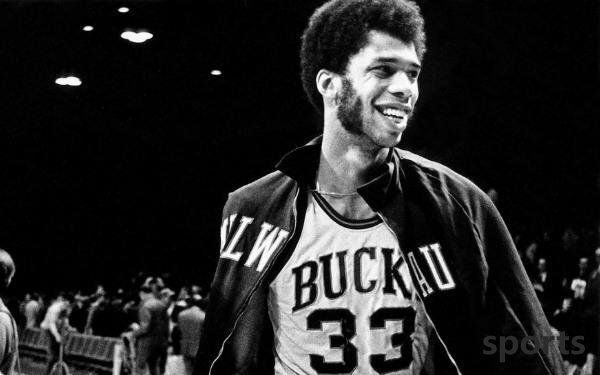
2. Kareem Abdul-Jabbar, 1969 (Bucks)
Even among the top players, Jabbar's resume is particularly outstanding. Everything he did in his time was unprecedented. When he left the league at the age of 42 in 1989, he was the all-time leader in all-area scores, blocks, seasons, All-Star selections and MVP selections at that time.
Although many of his records were later surpassed, he is still the person with the most MVP elections (6 times) and is ranked among the top in many historical rankings. As a member of the 6th championship and a 2nd Finals MVP winner, he ranks among the top three in history in terms of total scores (second), total rebounds (third), total blocks (third), total goals (first), total appearances (third) and total playing time (second). He is also the first in history in the history of winning contributions, although the number one player on our roster is following closely behind.
His iconic Skyhook is one of the most effective weapons in the entire sports world, his fitness program is years ahead of his time, and his agility and comprehensiveness helps innovate in the center position. It is precisely because of his peak period, his durability and his influence on basketball that a large number of people think he is the best player in history.
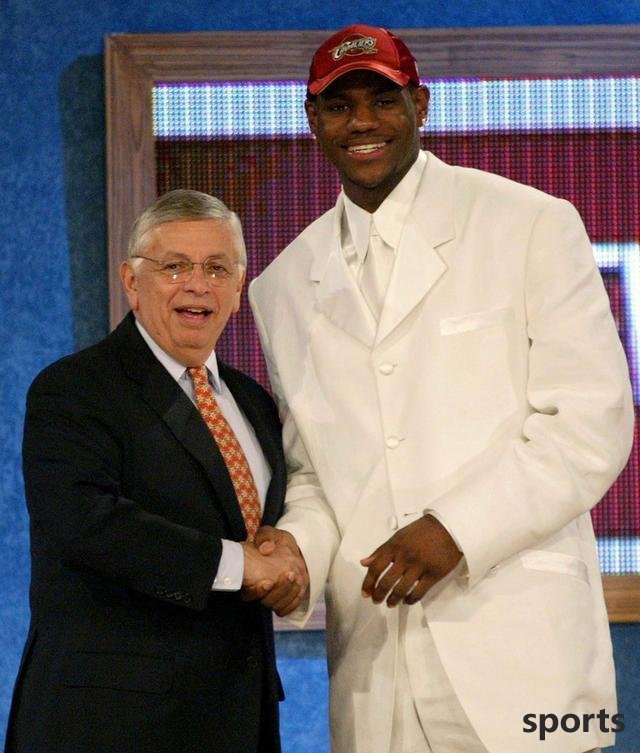
1, LeBron James, 2003 (Cavs)
For those who are too young to remember the past, even before James entered the NBA, the hype around him reached such a climax that he might need to be the greatest player in history to live up to expectations. And, well, he probably did.
Whether he is the best player in history or not in your personal opinion, it is obvious that he has appeared firmly in that discussion. While there has been some debate over his iconic traits over the years, the answer has now become obvious: ongoing excellence. He has entered his 22nd year of his career, and the worst single-season figures he has played are his rookie season averages of 20.9 points, 5.9 assists and 5.5 rebounds, which not only made him the Rookie of the Year, but also made him ninth in the MVP vote.
He has been continuously raising the bar since that incredible debut season. His career is not over (we hope so), and he is already a record holder of scoring (42,184 points), playoff scores (8,289 points), playing time (59,041 minutes), playoff wins (184 games), NBA All-American All-American All-American First Team selections (13 times) and All-Star selections (21 times).
The 4-time MVP and 4-time champion averaged 25.2 points, 8.5 assists and 8.0 rebounds per game in his 40-year-old season. His performance is beyond common sense and undoubtedly proves that he is the best No. 1 pick in NBA history.
Related Posts
- As expected! Reporters posted netizen prediction votes: 60% successfully predicted that James would not announce his retirement.
- A star who may retire in the NBA in the past five years. Time always says goodbye
- +1! The fourth player this summer goes abroad and joins the overseas league and is expected to become the next Yang Hansen
- Adebayo s girlfriend is too strong: He won 6 consecutive victories with 30+16, breaking the record and becoming the first person in WNBA history
- The Chinese men s basketball team will see a blowout talent in the next Olympics, and Yao Ming s dividends will gradually be reflected!
- NBA Rockets News: Renewal with Tate
- Wiggins takes a family on vacation and earns 250 million yuan. The Lakers want to trade him, and his wife has a good figure
- Heroes cherish each other! Pierce praised Kobe as the second Jordan, saying that defending him is very stressful
- NBA Playoffs: Unexpected 3-1, Kaiyong is in trouble, Nuggets Thunder King Mountain
- Chasing dreams and mocking Dillon was criticized by American netizens! James was caught in a gunfire!
Hot Posts
- As expected! Reporters posted netizen prediction votes: 60% successfully predicted that James would not announce his retirement.
- A star who may retire in the NBA in the past five years. Time always says goodbye
- +1! The fourth player this summer goes abroad and joins the overseas league and is expected to become the next Yang Hansen
- Adebayo s girlfriend is too strong: He won 6 consecutive victories with 30+16, breaking the record and becoming the first person in WNBA history
Recommend

Bamba suspends European negotiations and persists in pursuing her dreams in the NBA. Can the dream come true at the end of the offseason?

Zion Zion talks about the next game against the Spurs: We have to give a wonderful performance
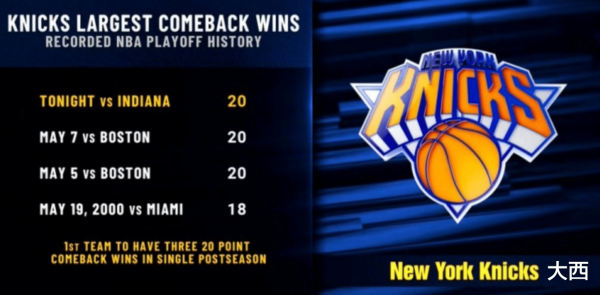
Knicks, you are too cruel, you are 20 points behind 3 times in the playoffs, setting a new NBA record
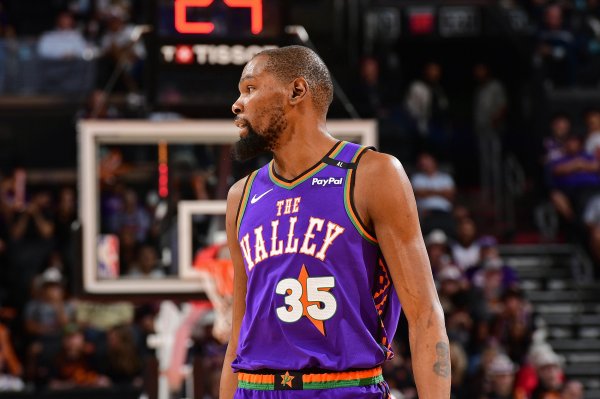
New York reporter: The Suns hope to get a starting center. KD is unlikely to come to New York.
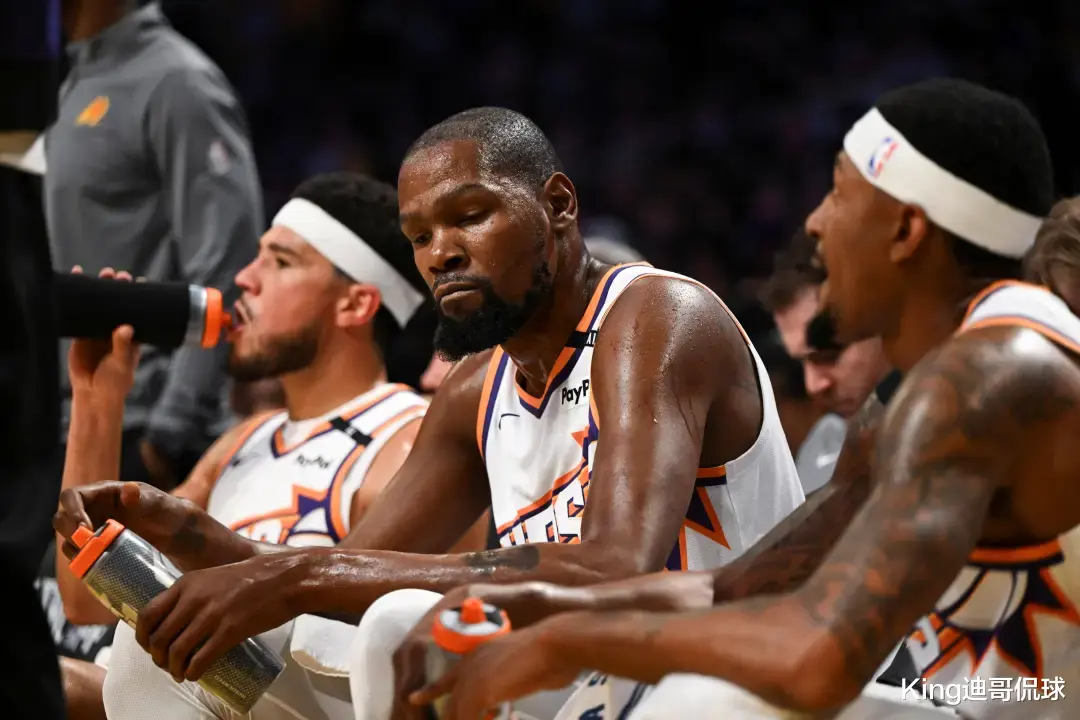
Two aces exchange KD! Uduka takes a desperate bet: either win the championship or rebuild collapses

3 bold predictions! US media looks forward to the first season of Durant Rockets: Total scores surpass Jordan + hit rate
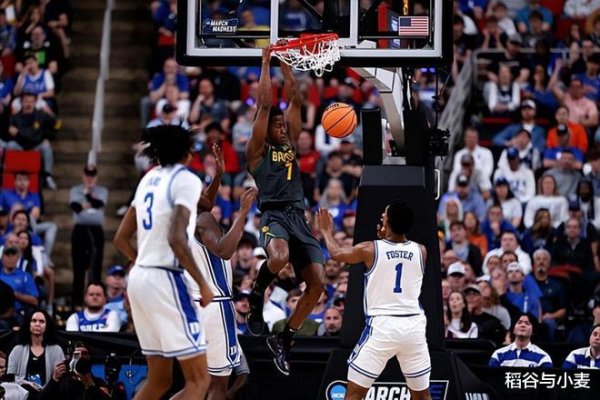
Both the Wizards Pelicans and the Nets want to trade upwards. They are quite interested in Rutgers freshman striker?

Lakers news: James was sued, Doncic was recognized, rookie’s injury is serious